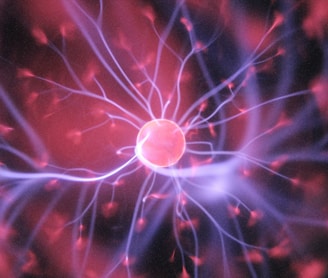T-8: Cognitive Ability
Nothing defines AI better than this.


Some may argue otherwise, but consider what defines intelligence? Complex response to complex patterns of stimulus.
Intelligence, in the context of stimulus response, refers to the ability of an organism or system to perceive and interpret external stimuli and respond to them in an appropriate and adaptive manner. It involves the capacity to gather information from the environment, process it, and generate a suitable reaction. Intelligence is not limited to human beings but can also be observed in other living organisms, such as animals. It encompasses various cognitive processes, including perception, attention, memory, problem-solving, and decision-making. The level of intelligence can vary among individuals and species, with some being more adept at learning and adapting to new situations than others. Ultimately, intelligence allows organisms to interact effectively with their surroundings and navigate through complex environments.
How about artificial intelligence? Consider the previous paragraph, where AI was asked to perform a task. We now have AI that is designed to recognize other AI. But also, what about how we use our devices and make those dreaded automated service calls about something. AI already surrounds many of us and improves quality of life. How is this even possible?
AI must perceive its surroundings. Maybe it is reading text to check grammar or even fact check content. Maybe it is getting visual clues to allow access to devices. Maybe it hears voice and interacts. Maybe we can do more - improve quality of life - and have fun!
